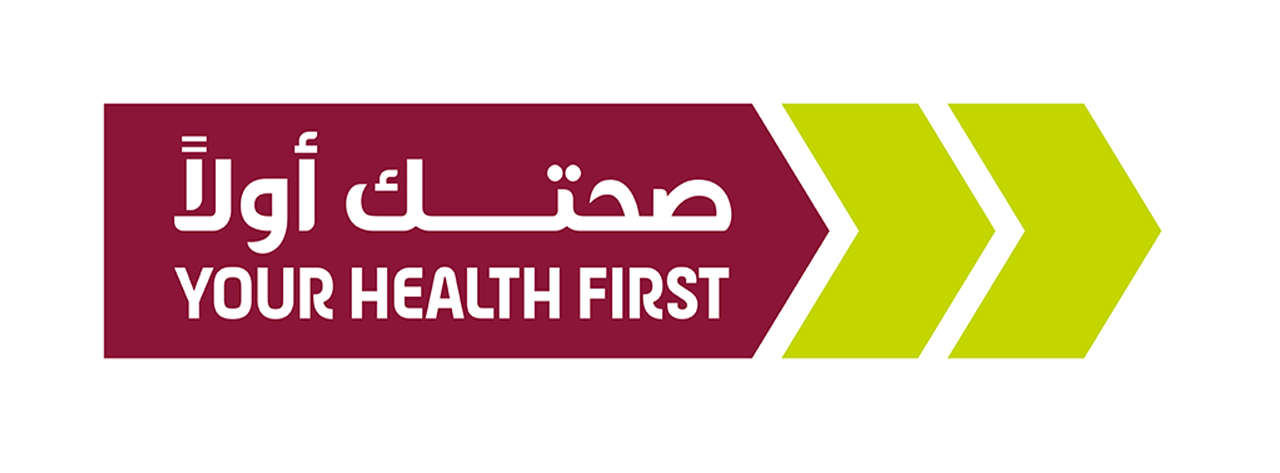Sahtak Awalan - Your Health First is proud to be associated with our strategic partners.
Click on each logo to visit their homepage and learn more about them.
Click on each logo to visit their homepage and learn more about them.














